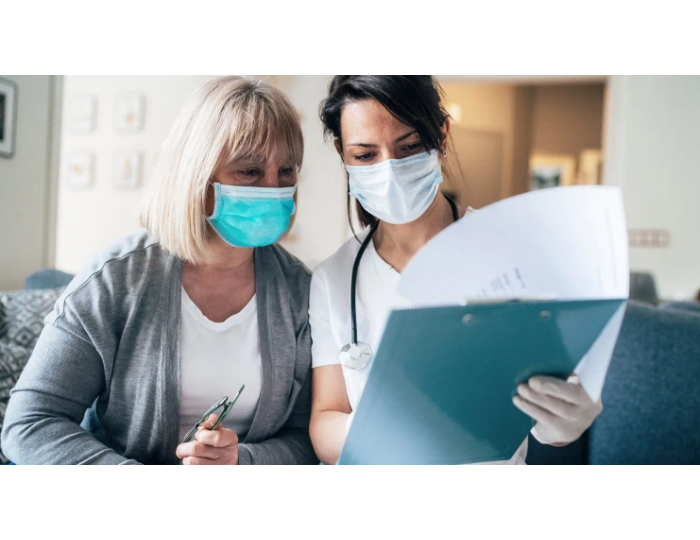Is Now the Right Time to Get Your Annual Physical or Dental Cleaning?

- Many states banned nonessential medical procedures in an effort to stop the spread of COVID-19.
- Patients have also put off routine care out of fear that they could be exposed to the new coronavirus at hospitals and doctors’ offices.
- The Centers for Medicare & Medicaid Services and some private insurance companies have expanded coverage for telehealth services during the pandemic.
All data and statistics are based on publicly available data at the time of publication. Some information may be out of date.
Should you skip your annual checkup? The answer would have been a resounding “no” if you asked most doctors before the pandemic.
But with the risk of COVID-19, the answer isn’t so clear anymore.
Many states banned nonessential medical procedures in an effort to stop the spread of the disease. Patients have also put off routine care out of fear that they could be exposed to the new coronavirus at hospitals and doctors’ offices.
With states starting to open up, you might be wondering whether you can finally get that checkup, dental cleaning, or cancer screening you’ve been pushing off.
Here’s what you need to know about scheduling preventive care appointments during the pandemic.
If your state is open (or will end its lockdown soon), you may be able to start booking preventive care appointments, like Pap smears, cancer screenings, checkups, and dental cleanings.
But is it worth the risk of possible exposure to the new coronavirus?
Opinions vary among healthcare providers and the conditions of their patients, as well as the infection rate in their communities and availability of personal protective equipment.
Dr. Len Horovitz, internist, pulmonary specialist, and director of Carnegie Medical, recommends that patients avoid delaying their annual physical or other types of preventive care.
“You will encounter problems that are best seen earlier rather than later,” he said. “It is possible to provide a safe environment for a patient in the doctor’s office. There’s no reason for people to put off an annual exam; these are important appointments that help keep problems from getting out of control.”
In an effort to curb the spread of infection, Horovitz has been following a strict set of procedures at his office, including allowing just one patient in at a time, requiring patients to wear masks and gloves, and disinfecting the examination room between every patient.
Other physicians, like Ankireddypalli, conduct a risk-benefit analysis for every patient before agreeing to see them in person.
“It is probably not appropriate to keep delaying visits for high-risk patients, like older adults or people with chronic conditions,” he explained.
